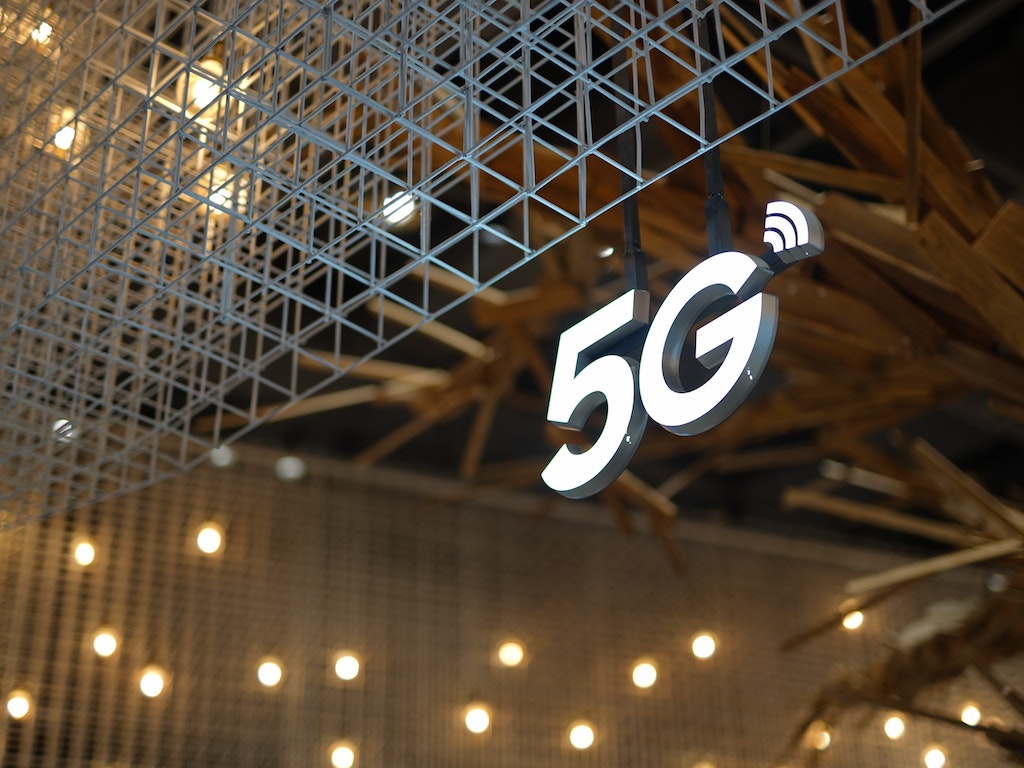5G, or fifth-generation wireless technology, promises to revolutionize how we connect to the internet by offering faster speeds and more reliable connections. However, the application of any technology can have unforeseen consequences. This holds true for 5G as well. Below is our overview of the pros and cons of 5G to help you understand how this technology will affect our lives.
Here are some of the most significant advantages of 5G:
Speed
5G can provide internet speeds up to 100 times faster than current networks like 4G. This means downloading large files, streaming high-quality videos, and playing online games will be much quicker and smoother. Additionally, 5G networks have lower latency, which means that data is transmitted more quickly, resulting in faster response times.
Larger Capacity
With the rise of the Internet of Things (IoT), which refers to the growing number of connected devices, 5G networks can handle much larger files and multiple devices simultaneously. This will make connecting more devices to the internet easier, including smart home devices, self-driving cars, and industrial IoT sensors.
Reliability
5G networks are designed to be more reliable than previous wireless technologies. This is because 5G uses multiple small cells instead of large cell towers to transmit signals, which means less interference and fewer dropped calls or lost connections.
However, there are also some potential drawbacks to consider when it comes to 5G:
Potential Health Risks
Exposure to radiofrequency radiation, which is emitted by all wireless technologies, including 5G, can pose significant health risks to its users. While no conclusive evidence suggests that 5G poses a significant risk to human health, some experts have expressed concern about the long-term effects of exposure to this type of radiation.
High Costs
The infrastructure required to build 5G networks is expensive, which may be passed on to consumers through higher prices for data plans and devices. This could make 5G less accessible to people who can’t afford to pay more for faster internet speeds.
Safety Concerns
While 5G networks are designed to support a larger number of connected devices there are certain safety concerns. Some experts worry that these networks could be used to collect and analyze vast amounts of data about individuals, potentially infringing on privacy rights.
As with any new technology, weighing the pros and cons carefully before deciding whether to adopt it is important.








